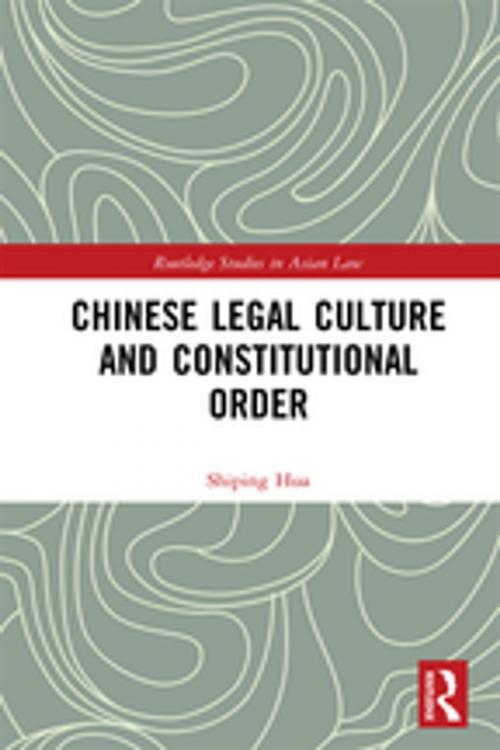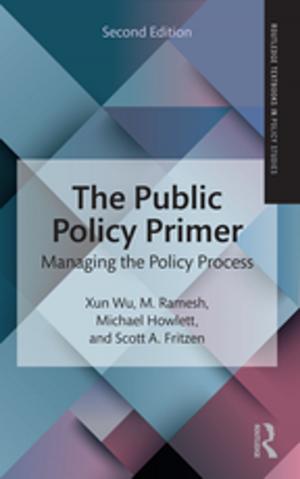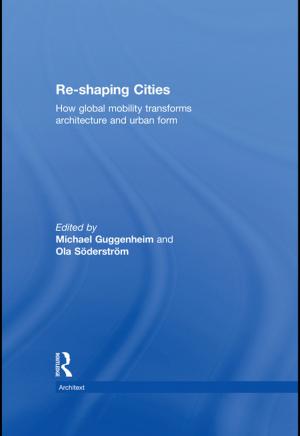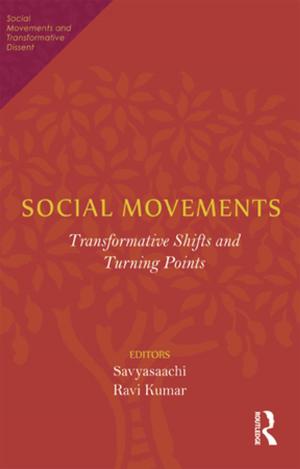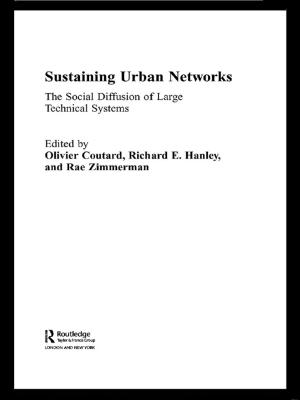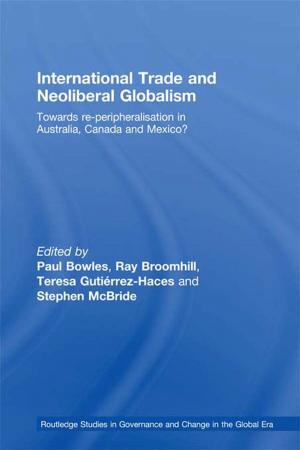Chinese Legal Culture and Constitutional Order
Nonfiction, Reference & Language, Law, International, Legal History, Constitutional| Author: | Shiping Hua | ISBN: | 9780429515538 |
| Publisher: | Taylor and Francis | Publication: | March 27, 2019 |
| Imprint: | Routledge | Language: | English |
| Author: | Shiping Hua |
| ISBN: | 9780429515538 |
| Publisher: | Taylor and Francis |
| Publication: | March 27, 2019 |
| Imprint: | Routledge |
| Language: | English |
This book examines China’s striving for a constitutional order in the 20th century from comparative, historical, and theoretical perspectives.
Through a comprehensive study of six major constitutional reforms experienced by China in the last century, Shiping Hua explores pragmatism, instrumentalism, statism, and favoritism as the key features of the Chinese legal culture. Demonstrating that these characteristics have roots in China’s ancient past and coincide with modern communist legal theory, it argues that Chinese legal culture has greatly impacted upon the country’s move to modernize its legal system. By analyzing key constitutional periods in China’s history, this book also evaluates patterns that can be used to better comprehend not only China’s present legal reform but its future legal developments too.
As the first book to examine how the Chinese legal culture has affected constitutional reform in the 20th century, Chinese Legal Culture and Constitutional Order will be useful to students and scholars of Asian and constitutional law, as well as Chinese Studies more generally.
This book examines China’s striving for a constitutional order in the 20th century from comparative, historical, and theoretical perspectives.
Through a comprehensive study of six major constitutional reforms experienced by China in the last century, Shiping Hua explores pragmatism, instrumentalism, statism, and favoritism as the key features of the Chinese legal culture. Demonstrating that these characteristics have roots in China’s ancient past and coincide with modern communist legal theory, it argues that Chinese legal culture has greatly impacted upon the country’s move to modernize its legal system. By analyzing key constitutional periods in China’s history, this book also evaluates patterns that can be used to better comprehend not only China’s present legal reform but its future legal developments too.
As the first book to examine how the Chinese legal culture has affected constitutional reform in the 20th century, Chinese Legal Culture and Constitutional Order will be useful to students and scholars of Asian and constitutional law, as well as Chinese Studies more generally.
